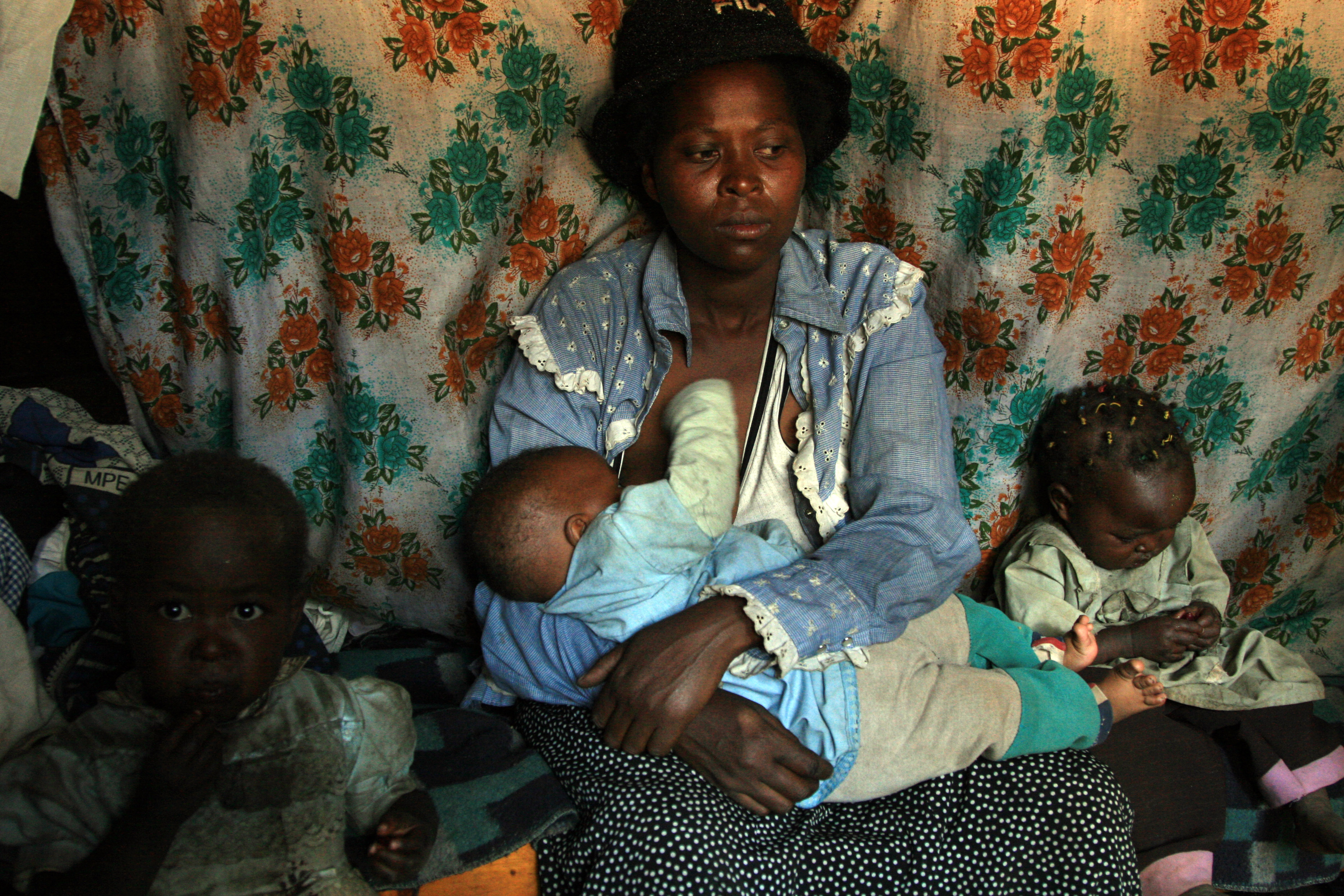
Twenty years ago, 179 countries signed onto a landmark United Nations program to slow global population growth by pledging to give women around the world greater control over their bodies, their fertility and their destinies.
So how did they do?
Globally, some signs are promising. Women are having fewer children, on average. Fewer women are dying during pregnancy or childbirth. Literacy rates are climbing, as most girls now enroll in primary school. More women than ever have entered the workforce and have a chance to vote.
Yet the discrepancies between the rich and the poor remains stark, according to a recently released 20-year report card on progress made since the International Conference on Population and Development in Cairo in 1994.
About 1 billion people in more than 50 countries "have seen only limited gains in health and well-being since 1994, and some are poised to become poorer as the rest of the global population anticipates better livelihoods," says the new report by the United Nations Population Fund.
"It is in these countries, and among poorer populations within wealthier countries, that women's status, maternal death, child marriage and many other concerns of the [1994 Cairo conference] have seen minimal progress," the 235-page report card concludes.
Despite common pledges two decades ago, the nations of the world have split into two paths. The wealthier ones, particularly European countries, and Far Eastern nations such as Japan and Korea see little or no population growth, resulting in an aging population. The poorest countries in sub-Saharan Africa, Central and South Asia and a few places in Latin America continue to have rapid population growth and a young age structure. It is these countries that will bring 97 percent of the growth between now and 2050.
These growth patterns closely track how women and girls are treated in these countries.
The vast majority of underage and forced marriages occur in the poorest, most traditional societies, according to the report's survey of 156 nations. Such early marriage results in more teenage pregnancies, especially among the poor and rural populations. Beginning motherhood so early, these adolescents are likely to bear more children during their lifetimes and their large families are less likely to climb out of poverty.
The report's authors noted that the rate of global population growth is slowing, even if the number of people added to the planet every year is close to the all time high of 84 million a year.
"There were an estimated 5.7 billion people in the world at the time of the ICPD in 1994," the authors write. "Global population has now reached 7.1 billion, and continues to grow by some 82 million people per year."
Much of the report emphasized how 1994 conference leaders made the right choice to shift international discussions about population control, and setting goals through family planning policies, to a broader focus on improving the lives of women and girls by emphasizing their education, social and economic empowerment.
It did not address the criticism of how this diffusion of focus has confused some political leaders, eroding the support for family planning programs and the UN Population Fund's goal of providing universal access to contraception by 2015. Estimates suggest that more than 220 million married women – virtually all of them in developing countries – want to avoid pregnancy but do not have access to birth control pills or other effective contraceptives.
The report, assembled by the UN's lead agency on matters of family planning, placed the goal of providing universal access to contraception as the third of seven thematic recommendations. It comes after a call to first to "Strengthen equality, dignity and rights" and second to "Invest in lifelong health and education, especially for young people." The list also calls for building sustainable cities and changing our consumption patterns to be less wasteful.
The wide-ranging report includes sections on female genital mutilation and the prevalence of gender-based violence.
Plucking some figures from the report, Dr. Babatunde Osotimehin, the UN Population Fund's executive director, cited how one in three women report having experienced physical or sexual abuse and one in four men in Asia admitted to rape. "Eight out of 10 of those men thought they had a right to sex without a woman's consent," he said. "And it's no wonder, the majority of those men faced no legal consequences."
Osotimehin sought to draw the connections between women's rights and access to reproductive healthcare and family planning to, as he put it, "individual well-being, lower population growth and sustained economic growth."
He called on the world's nations to enforce laws that protect human rights and invest in the health and education of girls to solve the world's largest remaining source of inequality.
"In no country are women fully equal to men in political or economic power," the report said, "yet while most states are progressing (albeit slowly) towards gender equality, in a number of states the rights and autonomy of women are being curtailed."





